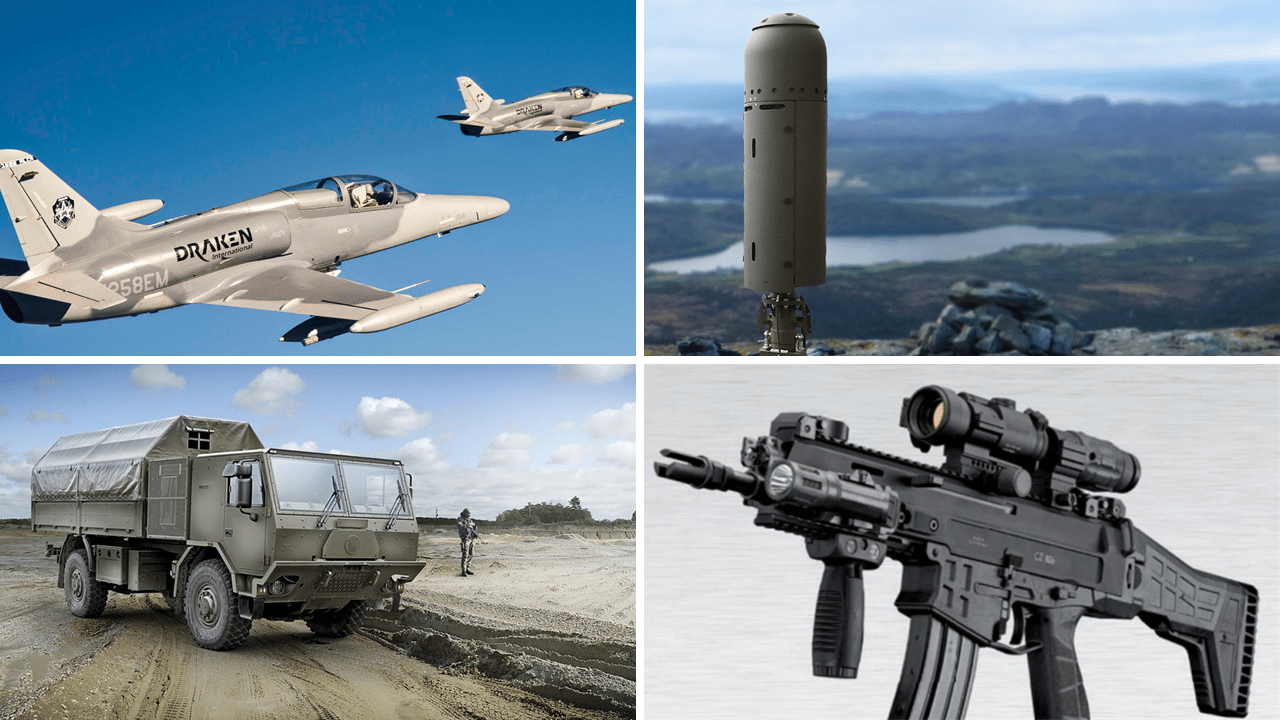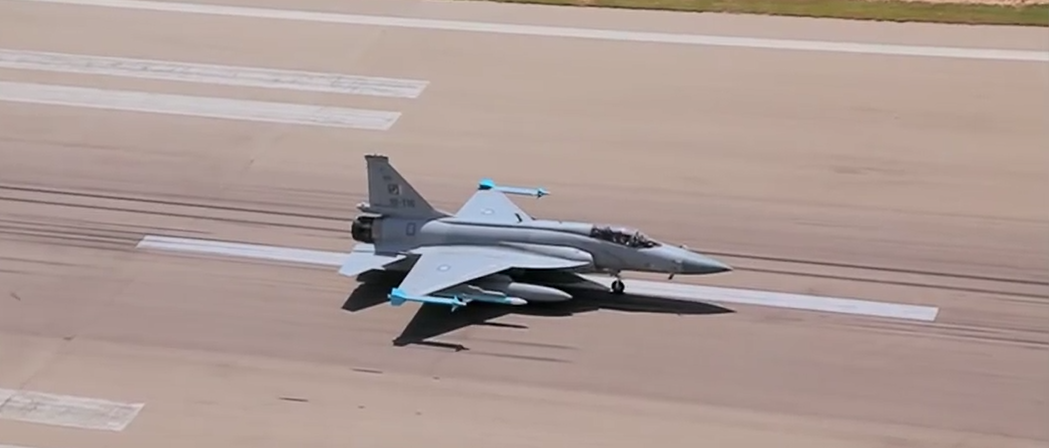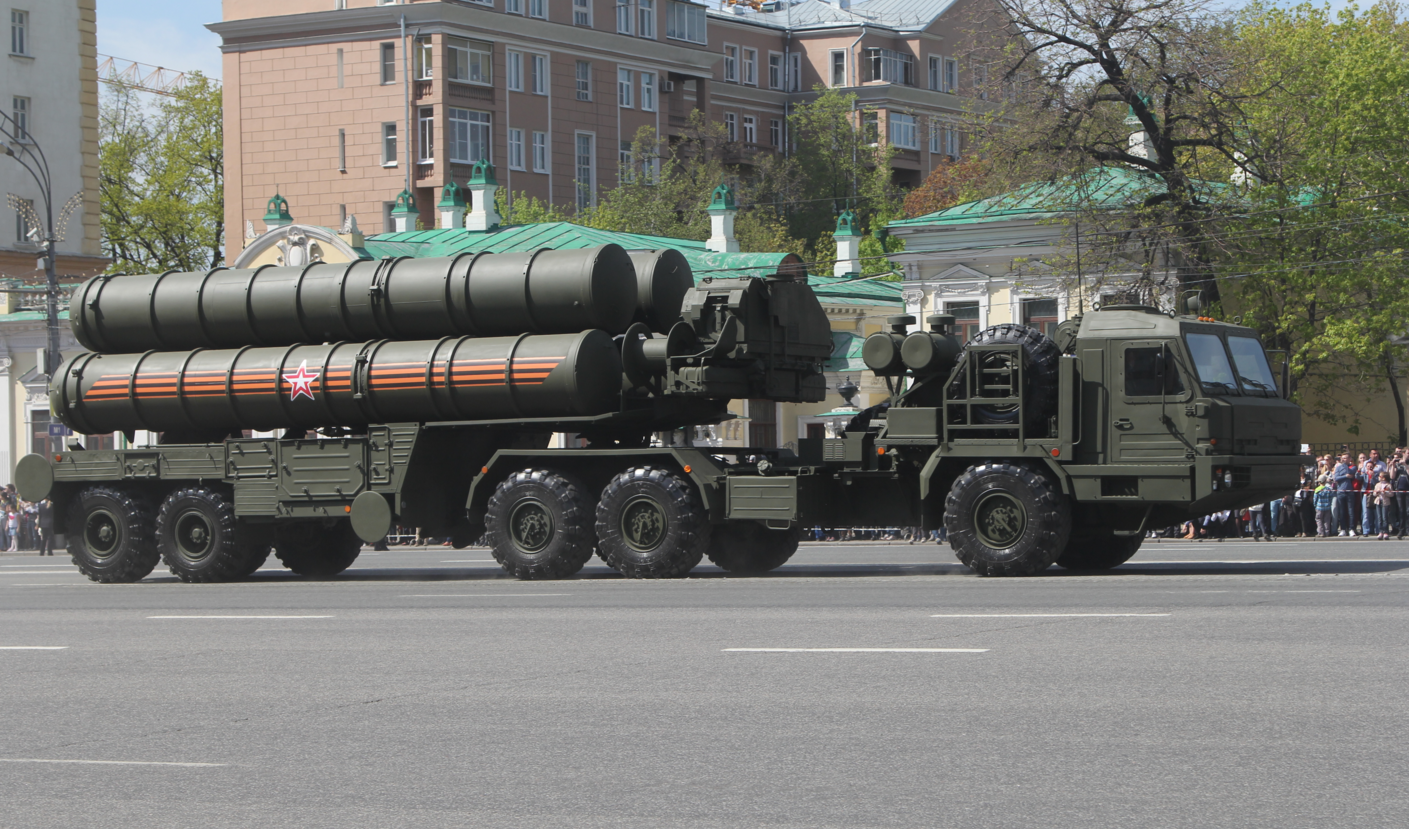2287Views 1Comment

Czech defence industry aiming for global resurgence
The Czech Republic has significant historical experience in developing and manufacturing vehicles, small arms and aircraft. In fact, the Aero Vodochody L-39 Albatros is among the most ubiquitous jet trainers on the market, even though it was put into production more than 40 years ago in 1972.
Unfortunately, over the course of the previous decade the Czech Republic was not as heavy of a factor in defence industry dynamics as it had been, even in developing world markets, which had been a traditional source, but has increasingly been won over by China. However, the Czech Republic could be aiming to pull the momentum back into its favour thanks to several marketing and industry development steps.
This month, Aero Vodochody announced that it will restart the manufacturing of L-159 Advanced Light Combat Aircraft (ALCA). Prior to a one-off production run for the Iraqi Air Force in 2016, the last L-159 was built in 2003. Lack of immediate export success and consolidation steps pushed Aero to effectively shutter the L-159 production line. In parallel, Aero will also manufacture the lower-cost L-39NG. The L-39NG is an upgraded variant of the popular L-39, but with a new engine (Williams FJ44M), new avionics suite, and structural airframe improvements reducing weight, increasing range and extending airframe life.
With the L-39NG, Aero is aiming to provide a low acquisition price to pair with the L-39NG’s affordable operational costs. The design approach mirrors Leonardo’s M345 High Efficiency Trainer (HET), and like Leonardo, one should expect Aero to position the L-39NG as a competitive jet-powered alternative to the growing number of turboprop-powered basic trainers entering the market.
Like the L-39NG, affordability may be essential to the L-159’s success as well. There are many advanced and lead-in fighter-trainers (LIFT) in the market, with some – such as the Leonardo M-346 and Korea Aerospace Industries (KAI) T-50 – already in active use. The use of a non-afterburning engine – i.e. Honeywell/ITEC F124-GA-100 – should provide competitive operational costs. If Aero succeeds in offering a competitive acquisition price, it could compel several cost-conscious air forces to consider the L-159.
The Czech small arms maker Česká zbrojovka (CZ) is working to generate inroads, especially in the Middle East and South Asia. Currently, CZ is competing for the Pakistan Army’s standard-issue rifle program, and is actively promoting transfer-of-technology and local production as incentives for choosing the CZ-807, a modular assault rifle that can be chambered for 5.56×45 mm and 7.62×39 mm. Securing a sale in Pakistan, especially with the Army – and its scale of several hundred thousand rifles – would be a breakthrough sale for CZ, especially since established gun-makers, such as FN Herstal and Beretta, are also competing.
Besides stewarding its own products, the Czech industry is also playing major roles in the defence systems of overseas companies. Aero is a risk-sharing partner in Embraer’s KC-390 multirole tanker and transport aircraft, and is responsible for manufacturing the KC-390’s rear fuselage. Aero also contributed to the KC-390’s development. Embraer is positioning the KC-390 as a competitor to the venerable Lockheed Martin C-130J, and legacy C-130B/E users will be on its target roadmap. With Brazil planning to offer financing for up to 25 years for defence exports, the KC-390 might see success, which will contribute to Aero’s work.
The radar producer ERA signed an agreement with Saab to collaborate in the research and development of technologies for air surveillance and air defence applications. ERA is well known for its development of long-range passive sensors, most notably the VERA. Collaborating with Saab, which has a strong line of air surveillance and air defence radars – such as the Erieye and Giraffe-series – could result in innovative and effective air defence solutions.
In terms of land systems, VOP CZ is collaborating with the Emirati company NIMR; currently, VOP CZ manufactures armoured cabins for the NIMR AJBAN 440A. BAE Systems will also contract parts manufacturing work for the BvS10 all-terrain vehicle to VOP CZ.
Tatra Trucks’ T815 8×8 truck is also used as a platform for Denel Land Systems and Nexter’s self-propelled 155mm/52-calibre howitzers, the T5-52 and CAESAR, respectively. Sales of these systems could support Tatra; currently, Denel is working to secure a howitzer contract in Pakistan. A Serbian media outlet claimed that the Pakistan Army could be seeking up to 500 howitzers, so a win for Denel in this area could be very significant for Tatra.
Non-Western markets, such as the Middle East and South Asia, will likely form the mainstay of the Czech industry’s focus, especially in terms of exporting Czech systems, such as the L-159 and CZ BREN. In each of these markets, there are factors – be it inconsistent accessibility to Western suppliers, cost-sensitivity, indigenization and domestic assembly and/or manufacturing – that could enable the Czech industry to gain market share by competing on cost, regulatory ease and technology transfers.



1 Comment
by Sami Shahid
Better get the technology of rifle. They are good at producing guns.